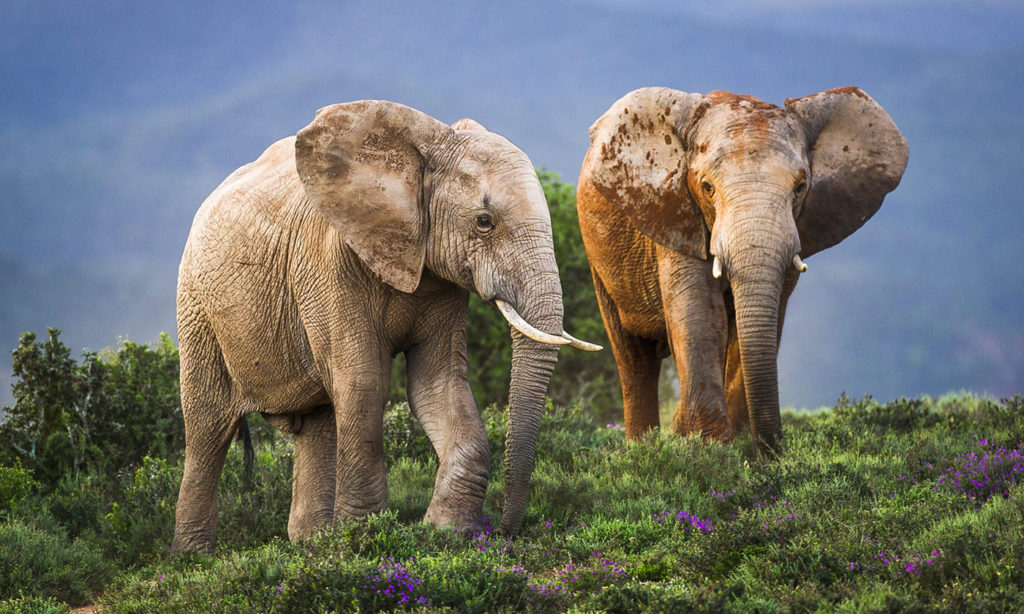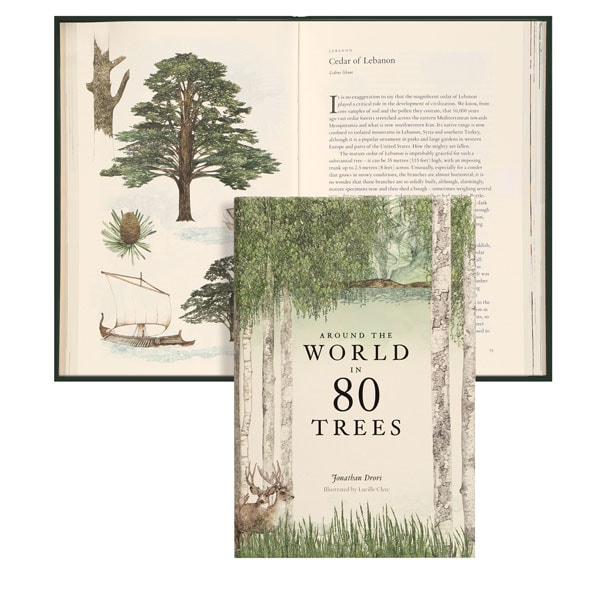In this report: A Radical Reset for Conservation in Africa, journalist Rachel Nuwer (Yes, 14 December 2020), suggests that with tourism all but dried up in some parts of the world, we might have an opportunity to rethink our approach to conservation. According to Nuwer we need to oversee a:
- Decolonising of conservation, and a
- Paying for ecosystem services,
as part of getting the balance right when rethinking how conservation is done.
Habitat fragmentation, and the loss of connectivity to other nearby ecosystems have long acted to suppress wildlife populations.
The pandemic has laid bare what conservationists have been warning of for years: that support for Africa’s nature is grossly inadequate. But rather than just highlighting and exacerbating this fact, many experts believe that COVID-19 presents a unique opportunity to completely revamp the way the world approaches conservation in Africa, which is now almost entirely reliant on the fickle tides of tourism and the whims of donors. Through the fog of struggle and loss, conservationists see a chance to rebuild the status quo into something that is significantly more self-sustaining, resilient, and equitable.
And later…
Changes are necessary not just for Africa’s protected areas and people, but for all of us. The economy, experts agree, is not a valid argument against investing in the future of our planet. In the short term, Tear points out that “massive funds” are available globally that could be better coordinated to cover the costs of changing our ways, and those investments would very quickly pay off. According to a report published in September by the Paulson Institute and the Nature Conservancy, the world would have to spend $598 to $824 billion annually over the next 10 years to stop the impending extinction crisis, reduce the risk of future pandemics, and maintain ecosystem integrity in Africa and beyond. It might sound like a lot, but compare that to the at least $2.6 trillion that the COVID-19 pandemic has so far cost humanity—a figure that may wind up ballooning to up to 10 times more, according to a recent Science opinion piece.
Because humans respond better to urgent crises than gradually increasing risks, Tear says, the pandemic could provide the momentum necessary for activating much-needed changes in how we approach nature. On the other hand, if we fail to take advantage of this opportunity and return to business as usual—fragmenting landscapes, exploiting wildlife, polluting, and neglecting nature—more pandemics will come. Species will be lost and ecosystems will collapse, taking with them life-sustaining services such as fresh water, pollination, and carbon sequestration. Human and planetary suffering will reach heights previously unimaginable. Put in those terms, investing in our future would be an absolute steal—and Africa would be the perfect place to start.
Habitat loss and fragmentation and the loss of connectivity, these are familiar words the world over and Munibung Hill is a local example of where this has been going on for years; and the big bogeyman in all these discussions is the economy. If it doesn’t pay it doesn’t deserve to stay. This is a very naïve worldview that has no basis in science – especially at a time when we are taking on board the Chief Health Scientist’s advice in relation to the COVID-19 situation. This is not a valid argument against investing in the future of our planet, as noted by Nuwer. This way of thinking highlights the mixed up notions of what is worthy of our investment dollars and what is not. When, due to poaching or habitat destruction or loss of connectivity, there is little left to support a tourism industry and biodiversity collapse has rebounded on us, perhaps we’ll see the error of our misplaced investments. Being, as we are, totally reliant on the natural world for every conceivable human need, it is incumbent upon us to do all we can to ensure that ‘other than human’ plant and animal species have their needs met sufficiently for them to be able to – as we would say – live and let live. Anything less is only adding to the likelihood of ecocide rising to levels that when visited upon human society we deem tragic and unacceptable. It is short-sighted to not apply the same principles of compassion and right to life in relation to the diversity of life upon which we rely for our daily bread, mental health and spiritual well-being.
Read the full story here: Reset for conservation is desperately needed



